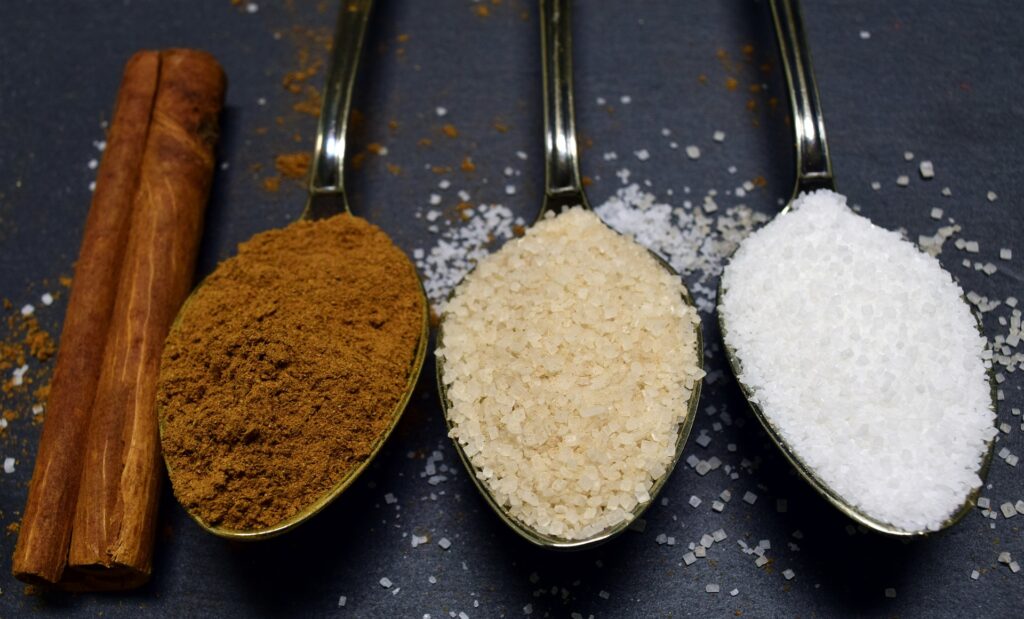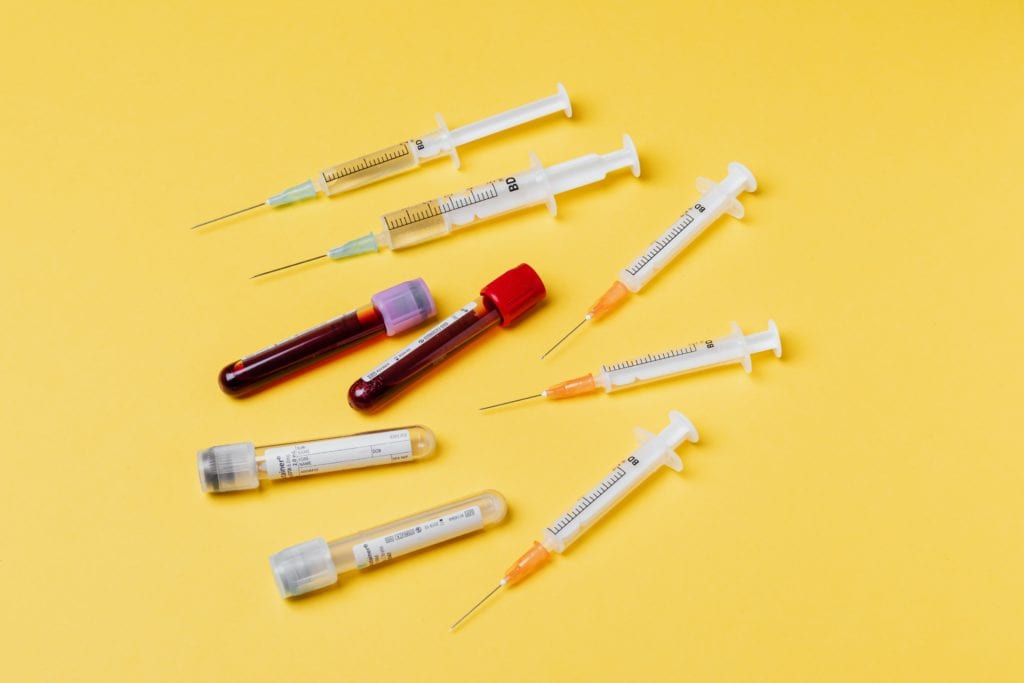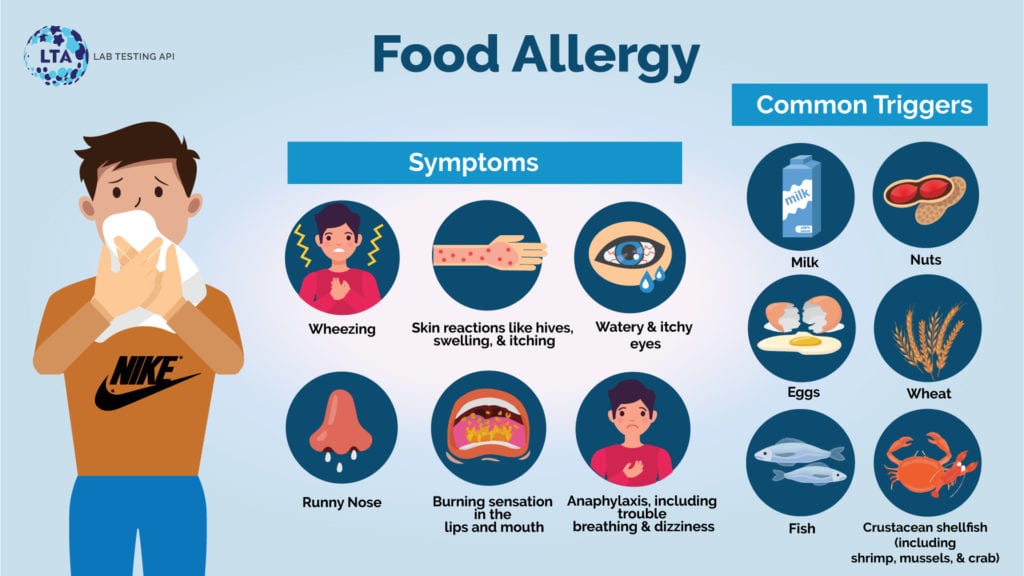
Discover why bidding farewell to sugar isn’t just about food—it’s about self-care. Say goodbye to energy crashes, mood swings, and excess weight. Embrace vitality, balance, and sweet freedom while safeguarding against diabetes and heart disease with regular LTA diabetes tests. Your body will thank you. Join the journey to a sugar-free future today!

Welcome to Lab Testing API (LTA)! We understand how important it is to plan for a family and the challenges of getting pregnant. Eating clean, toxin-free food is crucial for our cells and DNA, helping our health and fertility. Omega-3 fatty acids from fatty fish reduce inflammation and support pregnancy. Healthy fats like coconut oil and avocados are essential for hormone production. Vitamin E-rich foods aid hormone function, and vitamin C boosts ovulation and sperm count. Folate is crucial for cell growth and preventing birth defects. Take care of yourself through real, whole foods, exercise, sleep, and stress management for a healthy pregnancy. Visit our website for lab tests and personalized guidance on your fertility journey. Wishing you health and happiness!

Discover simple tips to improve your heart health and achieve better cardiovascular well-being. Learn easy ways to keep your heart healthy through exercise, a nutritious diet, maintaining a healthy weight, and quitting smoking. Take control of your cardiovascular health for a brighter future.

As women excel in the corporate world, maintaining good health is vital. Regular blood tests, including glucose, cholesterol, thyroid, and vitamin D, help monitor well-being. Lab Testing API offers easy access to these tests, empowering women to prioritize preventive care.

Type 2 diabetes can be managed with weight loss achieved through a healthy diet and exercise. Consult with your healthcare provider to set realistic goals and ensure your plan is safe and effective. Focus on healthy eating by avoiding sugary and unhealthy foods and opting for nutrient-dense ones. Incorporate regular physical activity, monitor your blood sugar levels, and stay motivated. Lab Testing API offers tests to monitor your diabetes and make informed decisions about your health. Achieve your weight loss goals safely and effectively to manage type 2 diabetes and reduce the risk of complications.

Discover the benefits of nutritional diets and popular options like Mediterranean, Vegetarian, Ketogenic, Paleo, DASH, Vegan, and Gluten-free diets. Learn how to choose the right diet for your health goals and lifestyle, and optimize your nutrition with Lab Testing API.

General wellness tests and screenings are a preventative method of managing health risks and improving overall health. This article discusses the five simple general wellness blood tests that are normally suggested during your visit to a healthcare practitioner. Other tests may also be recommended by your doctor based on your personal health profile (PHP).

A food allergy is a condition whereby someone’s immune system shows an overblown response to a normally harmless type of food. The most classic example includes difficulty in breathing and a sudden drop in blood pressure due to exposure to peanuts or seafood. In some severe cases, exposure to an allergen can result in a life-threatening reaction called anaphylaxis.

When it comes to the symptoms of PCOS and its association with fertility and weight gain, a large amount of misinformation is available online, which leads to misconceptions. This article is aimed to debunk the common myths about PCOS.

Polycystic Ovary Syndrome (PCOS) is a hormonal disorder in women of reproductive age. It is estimated that somewhere between 6 to 12% of US women and girls of reproductive age are living with it. This article is aimed to provide some useful information related to PCOS, its causes, symptoms, and treatment.